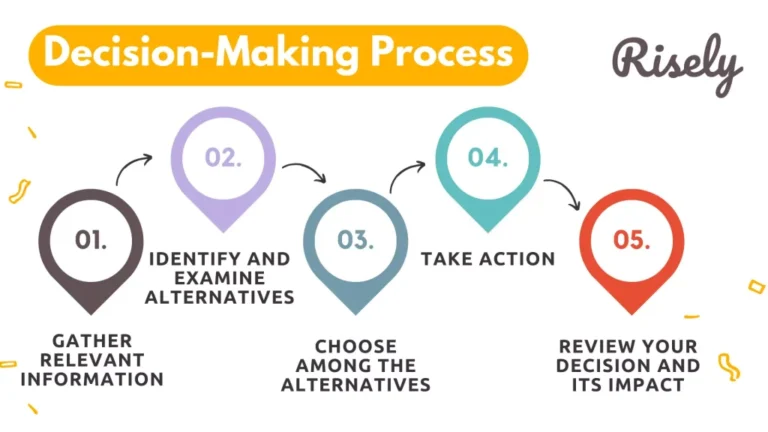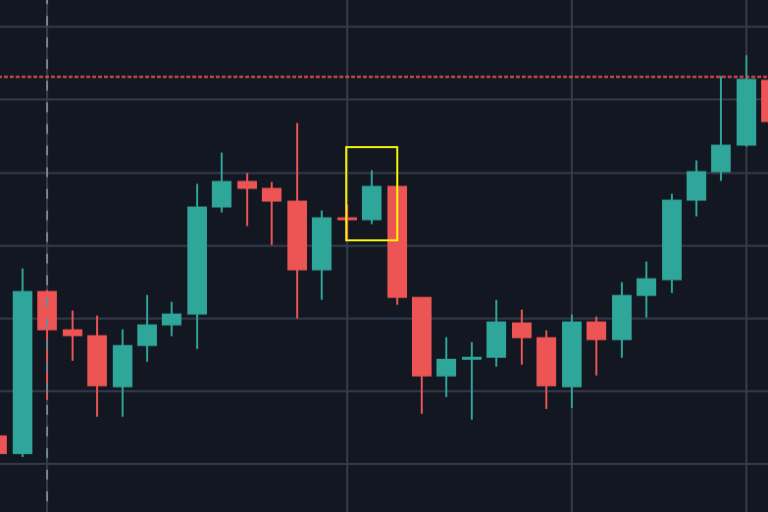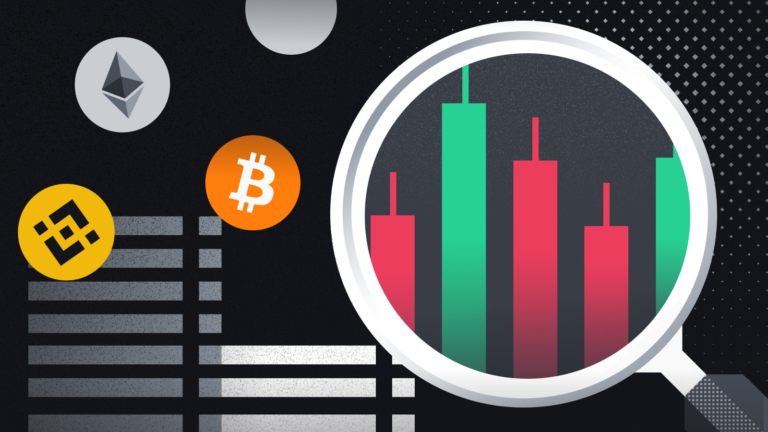
Peer-to-peer (P2P) cryptocurrency trading has emerged as a popular method for buying and selling cryptocurrencies without the need for intermediaries such as centralized exchanges. With the increasing demand for privacy, security, and control over financial assets, P2P trading platforms are providing users with an alternative way to trade digital assets in a decentralized manner.
In this article, we will explore the fundamentals of P2P cryptocurrency trading, how decentralized platforms operate, and the key benefits they offer to traders.
What is P2P Cryptocurrency Trading?
P2P cryptocurrency trading allows individuals to trade directly with one another, bypassing centralized exchanges. In this trading model, buyers and sellers interact directly, negotiating terms such as price, payment methods, and delivery of the cryptocurrency. The role of the platform in P2P trading is to facilitate the transaction by matching buyers with sellers, providing a secure environment for the trade, and often offering an escrow service to ensure that both parties fulfill their obligations.
Unlike centralized exchanges, where trades are managed by a middleman, P2P trading gives users full control over their transactions, providing greater flexibility in how trades are conducted.
How Decentralized P2P Platforms Work
Decentralized P2P platforms operate by connecting buyers and sellers of cryptocurrencies in a marketplace. These platforms allow users to post advertisements to buy or sell cryptocurrencies, specifying their preferred payment methods, prices, and trade limits. Once a buyer and seller agree to a trade, the platform may hold the seller’s cryptocurrency in an escrow account until the payment is confirmed. This ensures that both parties adhere to the agreed terms.
Here’s a general outline of how P2P trading works on decentralized platforms:
- User Registration: To use a P2P platform, users must first register an account. This process often includes identity verification (KYC) depending on the platform’s rules and local regulations.
- Posting Offers: Sellers can create offers by posting listings that detail the amount of cryptocurrency they want to sell, the price, and accepted payment methods. Buyers can browse these offers and select a suitable one.
- Escrow System: Once a trade is agreed upon, the platform may use an escrow system to hold the cryptocurrency. This ensures that the cryptocurrency is securely held until the buyer completes the payment, at which point the crypto is released to the buyer.
- Payment Process: The buyer transfers the agreed-upon fiat currency (or another cryptocurrency) directly to the seller using the chosen payment method. Common payment methods include bank transfers, PayPal, or even cash.
- Completion of the Trade: After the buyer confirms payment and the seller verifies receipt, the cryptocurrency is released from escrow to the buyer’s wallet. The trade is then marked as complete.
Popular Decentralized P2P Trading Platforms
Several decentralized P2P trading platforms have gained prominence in recent years, offering users the ability to trade cryptocurrencies without relying on centralized exchanges. Some popular P2P platforms include:
- LocalBitcoins: One of the most well-known P2P platforms, LocalBitcoins allows users to buy and sell Bitcoin using various payment methods. It offers a secure escrow service to ensure safe trades.
- Paxful: Paxful is a global P2P platform that supports Bitcoin and other cryptocurrencies. It provides a wide range of payment methods and a user-friendly interface for buyers and sellers.
- Binance P2P: Binance, one of the largest cryptocurrency exchanges, also offers a P2P trading platform. Users can trade various cryptocurrencies directly with one another, with Binance providing an escrow service.
- HodlHodl: HodlHodl is a non-custodial P2P platform, meaning that it does not hold users’ funds, providing additional privacy and control for traders. It uses a multi-signature escrow system for enhanced security.
- Bisq: Bisq is a fully decentralized P2P exchange that allows users to trade cryptocurrencies without any central authority. It operates on a decentralized network and does not require users to register or provide personal information, making it one of the most private P2P platforms available.
Benefits of P2P Cryptocurrency Trading
Decentralized P2P platforms offer several key benefits to cryptocurrency traders, particularly for those who value privacy, control, and flexibility. Below are some of the main advantages of P2P trading.
1. Increased Privacy
One of the primary reasons traders use P2P platforms is the increased level of privacy they offer. Unlike centralized exchanges, which often require extensive identity verification and can track users’ activities, many P2P platforms allow traders to conduct transactions with minimal personal information. Some decentralized platforms, such as Bisq, do not require any KYC verification at all, enabling anonymous trades.
In countries where cryptocurrency trading is restricted or regulated, P2P platforms offer a way for users to bypass these limitations while maintaining their privacy.
2. No Middleman
In P2P trading, users interact directly with each other without a middleman dictating the terms of the transaction. This eliminates the need for a centralized authority to manage the trades, reducing reliance on third parties that could impose additional fees or restrictions. The direct nature of P2P trades gives users more control over the transaction process, including setting their own prices and selecting preferred payment methods.
3. Flexibility in Payment Methods
P2P platforms often support a wide range of payment methods, far beyond what centralized exchanges typically offer. In addition to traditional bank transfers and credit cards, traders can use methods like PayPal, gift cards, or even cash payments in person. This flexibility allows users to choose payment options that suit their needs and circumstances, particularly in regions where access to banking services may be limited.
4. Access in Regions with Limited Banking
In some parts of the world, centralized cryptocurrency exchanges may be inaccessible due to regulatory restrictions or limited banking services. P2P platforms, however, offer a solution for traders in these regions by providing a direct way to buy and sell cryptocurrencies using alternative payment methods. This makes P2P trading an attractive option for users in emerging markets or countries with unstable financial systems.
5. Global Reach
P2P platforms often operate globally, allowing traders from different countries to connect and transact with one another. This global reach not only increases the liquidity of cryptocurrencies but also provides users with the ability to access markets that might otherwise be unavailable to them. Additionally, the ability to negotiate trade terms directly with counterparties means that traders can potentially find better prices and trading conditions than they would on a centralized exchange.
6. Lower Fees
Many P2P platforms charge lower fees compared to centralized exchanges. Because trades are conducted directly between buyers and sellers, the platform typically only charges a small service fee for facilitating the escrow system or matching buyers and sellers. This can result in lower overall trading costs, especially for large-volume traders or those conducting frequent transactions.
7. Decentralization and Reduced Censorship
P2P trading platforms operate in a decentralized manner, meaning there is no central authority that can freeze accounts, impose restrictions, or block trades. This decentralized structure reduces the risk of censorship and allows users to trade cryptocurrencies more freely, even in regions where governments impose strict regulations on financial transactions or digital assets.
8. Security Through Escrow Services
While P2P trading platforms allow users to trade directly with one another, many platforms also offer escrow services to ensure the security of transactions. The escrow system protects both buyers and sellers by holding the cryptocurrency until the trade is complete, reducing the risk of fraud. This feature adds an extra layer of security to the decentralized trading environment.
Potential Risks and Challenges of P2P Trading
Despite the benefits of P2P cryptocurrency trading, there are also potential risks and challenges that users should be aware of:
- Fraud and Scams: Because P2P trading occurs directly between individuals, there is a risk of encountering fraudulent users or scams. It’s essential to use platforms that offer escrow services and to check the reputation of users before engaging in a trade.
- Slower Transaction Times: P2P trades often take longer to complete compared to centralized exchanges, especially when waiting for payment confirmations from banks or other third-party services.
- Liquidity Concerns: P2P platforms may have lower liquidity compared to large centralized exchanges, making it harder to find counterparties or execute large trades quickly.
- Legal and Regulatory Issues: In some countries, P2P trading may exist in a legal gray area, with potential regulatory risks for users. It’s important to stay informed about local laws regarding cryptocurrency trading.
Conclusion
P2P cryptocurrency trading offers a decentralized, flexible, and privacy-focused alternative to centralized exchanges. For users seeking more control over their transactions, access to a variety of payment methods, and lower fees, P2P platforms are an appealing option. However, it’s essential to stay vigilant for potential scams and ensure you use secure platforms that offer escrow services. By understanding the advantages and risks, traders can leverage P2P platforms to trade cryptocurrencies in a more decentralized and self-sovereign manner.









